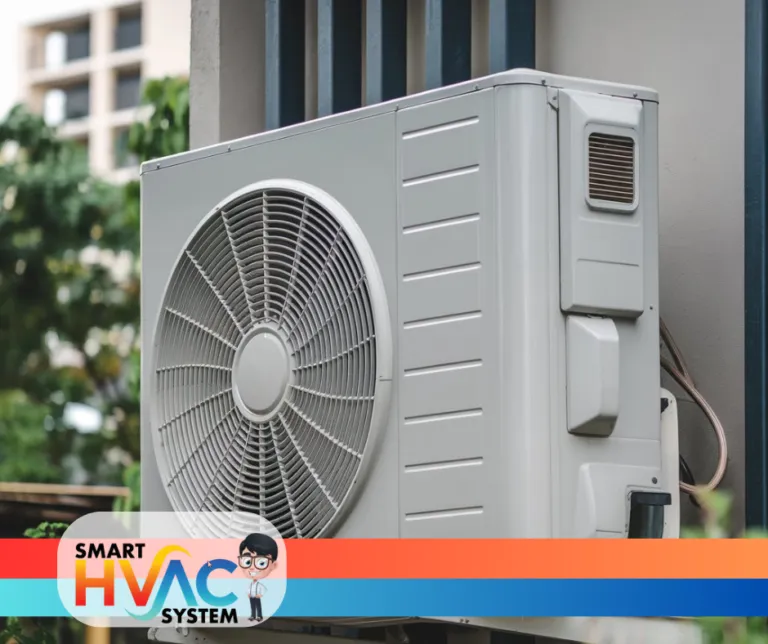Explore this complete guide to air conditioning repair. Learn how to spot issues, fix common problems, and keep your AC running efficiently.
Choosing the right air conditioning system for your home is crucial for maintaining comfort, energy efficiency, and long-term performance. With various options available, understanding the key factors will help you make an informed decision that fits your needs and budget.
Understanding Different Types of Air Conditioning Systems
Before selecting an air conditioner, it’s essential to understand the different types of air conditioning systems available. Each system offers unique features suited for various home sizes and cooling needs.
- Central Air Conditioning Ideal for cooling large homes, central air conditioning systems use ductwork to distribute cooled air throughout the entire house. These systems are controlled by a central thermostat and provide consistent, even cooling.
- Ductless Mini-Split Systems Suitable for homes without existing ducts, ductless mini-split systems offer zone-based cooling. Each indoor unit can be controlled independently, providing customized temperatures for different rooms.
- Window Air Conditioners These compact units are designed to cool single rooms. Window air conditioners are affordable and easy to install, making them a popular choice for apartments or smaller spaces.
- Portable Air Conditioners Portable units are flexible and easy to move between rooms. They are a practical solution for renters or those needing temporary cooling, though they are generally less efficient than other options.
- Hybrid Air Conditioning Systems Hybrid systems combine electric and gas power to optimize energy use. They automatically switch between energy sources based on temperature conditions, improving efficiency and reducing energy costs.
Key Factors to Consider When Choosing an Air Conditioner
When selecting an air conditioning system, consider these essential factors to ensure you choose the right option for your home:
- Room Size and Cooling Capacity The cooling capacity of an air conditioner is measured in BTUs (British Thermal Units). Larger spaces require higher BTU ratings to maintain a comfortable temperature. A unit that is too small will struggle to cool effectively, while an oversized system may waste energy.
- Energy Efficiency Look for air conditioning units with a high SEER (Seasonal Energy Efficiency Ratio) rating. Higher SEER ratings indicate better energy efficiency, leading to lower electricity bills and reduced environmental impact.
- Installation Requirements Consider the complexity and cost of installation. Central air systems and ductless mini-splits may require professional installation, while window and portable units can typically be set up by homeowners.
- Maintenance and Upkeep Regular maintenance is essential for the longevity of any air conditioning system. Choose a system with easily accessible filters and components to simplify cleaning and servicing.
- Climate Considerations Your local climate plays a significant role in selecting the right air conditioner. For instance, areas with high humidity may benefit from systems with built-in dehumidifiers, while dry regions might prioritize energy-efficient models.
Additional Features to Look For
Modern air conditioning systems come equipped with advanced features that enhance comfort and efficiency. Consider these options when choosing a new system:
- Smart Thermostats: Allow remote control and scheduling via smartphone apps.
- Variable-Speed Compressors: Adjust cooling output for improved energy efficiency and consistent temperatures.
- Air Quality Enhancements: Built-in air purifiers and humidity control improve indoor air quality.
- Quiet Operation: Look for systems designed to operate quietly for added comfort.
Comparing Costs and Long-Term Savings
While the initial cost of an air conditioning system is an important consideration, it’s equally vital to evaluate long-term energy savings. More energy-efficient models may have a higher upfront cost but can lead to significant savings on utility bills over time. Additionally, check for local rebates and incentives that can reduce the purchase price of energy-efficient systems.
Choosing the Right Size Air Conditioner
Proper sizing is critical for efficient air conditioning. Use the following general guidelines to estimate the BTU capacity needed for your home:
- 150 to 350 sq. ft.: 5,000 to 8,000 BTUs (Ideal for small rooms)
- 350 to 550 sq. ft.: 8,000 to 12,000 BTUs (Medium rooms)
- 550 to 1,000 sq. ft.: 12,000 to 18,000 BTUs (Large rooms or small apartments)
- 1,000+ sq. ft.: 18,000+ BTUs (Whole-home or large open spaces)
Final Thoughts
Selecting the right air conditioning system involves careful consideration of your home’s size, energy efficiency, and maintenance needs. By understanding the different types of air conditioners and evaluating key factors like cooling capacity, energy efficiency, and installation requirements, you can find the perfect solution to keep your home cool and comfortable.
Investing in the right air conditioning system not only enhances your comfort but also improves indoor air quality and lowers energy costs over time. Take the time to research your options and choose a system that meets both your immediate and long-term needs.

